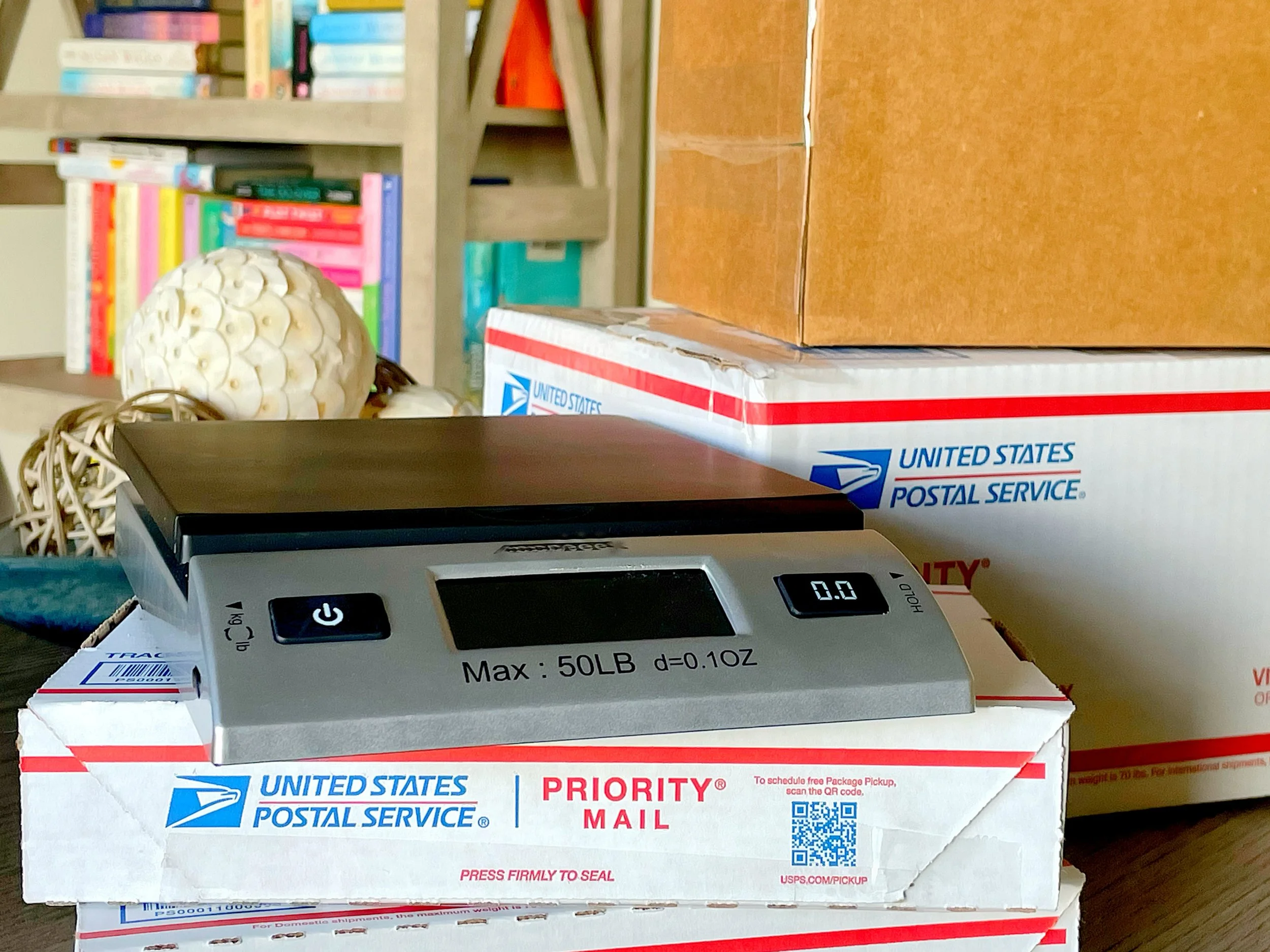The Business of Writing ~ Week Three
Week 3: Operations
When you publish novels commercially, your writing becomes a business. Managing that business as it grows is imperative to maintain your professional role as an author. Once you’re established, people may want a physical address to contact you. Other publishers will ask to send you books. Your bank account will begin to receive payments from publishers. You’ll have taxable income. You might manage foreign rights titles, TV and film interest, and multiple formats of your novel…
Are you ready?
While this isn’t an exhaustive list of considerations, it will definitely get you started. (Of course, this is not intended to be legal, professional, or financial advice, and we recommend consulting legal counsel, a certified public accountant, or other necessary professionals with any questions. This is also based on US practices, as we are an American publishing company.)
Your Public Persona:
Readers are fabulous people. Your readers will sometimes want to show their love by sending you things. As you grow as an author, publishers, agents, and other authors will want to send you books to read and offer quotes and blurbs. You could get holiday and birthday cards. So you might need an address if you don’t feel comfortable giving out your personal house number to random strangers.
One idea is to get yourself a post office box in a nearby city and check it regularly. The price varies by region, but it should run somewhere between $5 and $20 a month in the US, depending on the size you rent. (It’s also great to use on your website, because an address is required on any marketing emails you send out from your site to comply with the CAN SPAM act of 2003.) Here’s the link to the US postal service: https://www.usps.com/manage/po-boxes.htm
Mailouts:
While we’re on the subject of post office boxes, you will probably mail out things as well. You might want to mail your books to other authors, readers, and giveaway winners. An easy option, that will keep you from running back and forth to the post office, is to buy yourself a small postal scale. They’re about $15 if you buy one online. Then, get yourself a free USPS account (if you’re in the US) and use the “Click ‘n Ship” option to print labels right at your house. If you don't want to use a scale, you can either pick up free boxes (like the red, white, and blue ones in this photo) at the post office or you can have your mail person deliver them if you order them through the USPS website, and you’ll pay a flat fee for shipping. They’re available in envelope, small, medium, and large sizes. The small box will run you about $10 for shipping but you can put anything you can fit into it. (It holds 1-2 books.) Get yourself a roll of packing tape and you’re in business!
You may also want to think about you, yourself, as a business:
Limited Liability Company:
Another thing to consider is through what entity you’d like to contract your books. One option is to contract your books through a Limited Liability Corporation (LLC). A lawyer can help you create one. An LLC is a business entity that creates a buffer between you as an author and you as a person. It streamlines things for tax purposes and also protects your personal assets if anyone decides to bring suit against you for any book-related reason.
Bank Accounts:
It might also be beneficial to have bank accounts specifically for author purposes. This makes tax season much easier if all the business transactions are through business account(s). Do an online search for “Author Business Expenses” and you’ll probably be surprised at what you can pay for with your business account. Certain spendings can also be included (and some written off) on your business taxes.
Copyright:
If you’re a US resident, you’ll want to make sure your books’ copyrights are registered at www.copyright.gov. Some publishers will do it for you. It creates a record of ownership for the book, and it may protect you from others copying your work. Also, before you can sue another person for infringement of copyright for your book, the book will require registration. The registration can take months, so it’s best to do this proactively.
Insurance:
Another option for authors is to get author’s insurance to protect you and your business. There are many options out there, and consulting an insurance provider would be your best bet to find which policy would suit your needs.
Managing your Titles:
Once your business is growing and thriving, and you’re writing like crazy, your list of published titles will also grow. You’ll want a way to keep track of them when someone asks about one of your books. I created a spreadsheet for my books. The titles are listed at the top of the image below. You can even add other columns such as character names, a one-sentence reminder of what the book is about, setting location, interesting quotes to use in promos—anything you might need to refer to quickly. Believe me, once you’ve written over 20 novels, you’ll need it!
We hope this helped to shed light on some of the things you might want to think about when building your career. Join us next week as we cover your career goals and how to create forward progress as an author.
© Jenny Hale


